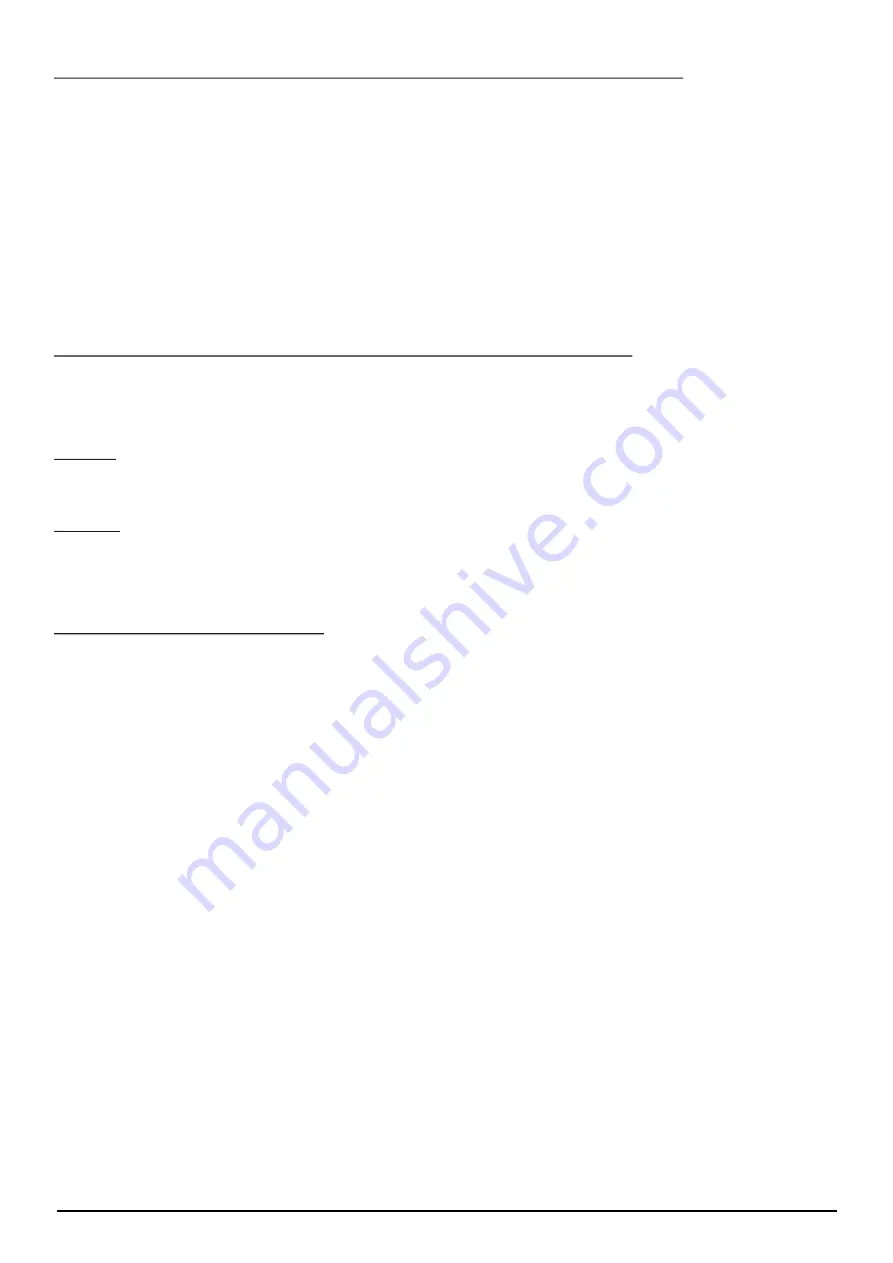
SHOULD YOU REQUIRE ANY ASSISTANCE REGARDING THIS PRODUCT PLEASE CONTACT YORK DIRECTLY.
*
*
YORK PACER 351M TM / 21
HOW TO MONITOR YOUR HEART RATE DURING EXERCISE
Now that you know where your training zone is, you’ll have to monitor yourself to be sure you’re
'
in it. Here is a simple rule, if you can t hold a conversation without gasping for breath you are
probably above your training zone.
To know precisely where you’re working - making sure you’re getting all the benefits -
We recommend you check your heart rate periodically throughout your workout.
You can use the electronic pulse monitor which will count and display your heart rate for you.
CONTROL YOUR PULSE RATE TO KEEP WITHIN ZONE
How hard you exercise affects your pulse rate, it is determined by two things:
1. Rate: How fast you exercise.
e.g. The speed you cycle, run or step.
2
THE PULSE RATE RULES
If your pulse rate is too low exercise faster or increase load.
If your pulse rate is too high exercise slower or decrease load.
If your pulse rate goes up towards the end of your exercise, you are trying to exercise for too
long, shorten the time.
If your pulse rate does not quickly return to normal after exercise (5-10 minutes) you are not
giving your body a chance to recover, reduce how often you exercise.
REMEMBER -
GENERAL FITNESS IS BEST IMPROVED BY INCREASING HOW LONG
YOU EXERCISE RATHER THAN BY HOW HARD.
. Load: The resistance against which you exercise.
e.g. The tension you apply on a cycle or stepper, or the incline set on a treadmill.






































